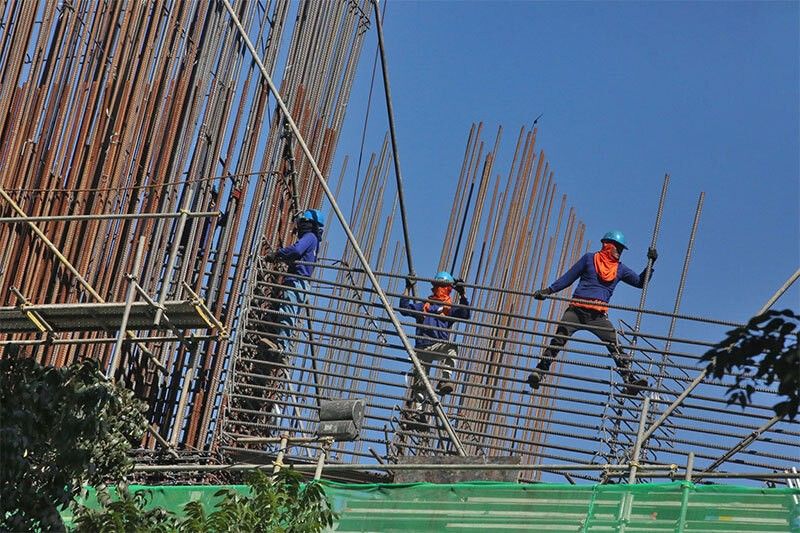PCCI: Leave pay hike to wage boards

MANILA, Philippines — Business group Philippine Chamber of Commerce and Industry (PCCI) reiterated its opposition to the proposed P100 legislated wage hike as it urged Congress to defer wage increase matters to the national wage boards.
In a statement yesterday, the PCCI said Congress should let the National Wages and Productivity Commission and Regional Tripartite Wages and Productivity Boards (RTWPB) decide on wage increases rather than legislate a bill that would only benefit a few and disenfranchise other members of the labor force.
PCCI president Enunina Mangio said that the proposed P100 legislated wage increase will only benefit five million workers, versus 47 million others that are in the informal sector.
“The P100 proposed wage will not even be enough when inflation goes up. Why don’t we instead legislate measures to address the rising cost in food prices and other issues that hamper our economic growth?”Mangio said.
She added that the move would discourage foreign investors from doing business in the Philippines.
“No one would ever try to look at the Philippines once they see that legislators can enact wage hikes anytime, even disregarding the authority of the National Wage Board,” Mangio said.
On Monday, Senate bill 2534 co-authored by Senators Jinggoy Estrada and Migs Zubiri, which proposes a P100 wage hike, was approved on the third and final reading.
Mangio also stressed that senators did not even consider or listen to the position of the employers and the business community.
Similarly, PCCI local chambers also expressed their strong opposition to the proposed P100 legislated wage increase, while supporting the recommendations of the joint business groups led by PCCI.
“The proposed legislation directly infringes upon the RTWPB mandate to regulate wage adjustments regionally based on economic conditions. Centralizing wage determination undermines the board’s ability to tailor wage policies to regional economic realities, thereby risking economic imbalances,” PCCI South Luzon said.
For its part, PCCI Visayas provided a number of recommendations to the government such as the prioritization of expanding economic activities and attracting investments to complement labor and local productivity.
“This can be achieved through innovative investment promotion strategies and efforts to enhance the ease of doing business nationwide,” PCCI Visayas said.
It added that by attracting both foreign and local direct investments, more job opportunities can be generated and stimulate economic growth that is inclusive.
The Visayas chapter also suggested that the government proactively address inflationary pressures, particularly regarding the prices of basic goods and services, high utility costs (especially power and water), fuel prices and the importation of goods.
“It is also crucial to boost the agricultural value chain and develop new agri-aqua technologies to improve productivity and reduce dependency on imports,” PCCI Visayas said.
Moreover, it also recommended safety nets to protect labor from exploitation and ensure fair wages.
Employers are strongly opposing the proposed measure, saying that RTWPB should decide on wage hikes.
“At the very least, the wage boards where government, labor and employers are represented are guided in their decision to adjust minimum wages by objective parameters following consultations and public hearings,” several business groups said in a letter addressed to Zubiri.
The groups added that even labor organizations tend to rely on the increases granted by the wage boards instead of collective bargaining, which is the most ideal route to negotiate for wage adjustments.
Moreover, the groups emphasized the importance of fostering constructive dialogue and collaboration among all stakeholders, including employers, employees and government representatives, to develop policies that promote equitable and sustainable economic growth and shared prosperity for all.
On the other hand, the Alliance of Concerned Teachers (ACT) is calling on the House of Representatives to adopt the Senate’s proposal to increase the daily minimum wage for private sector workers by P100 and for President Marcos to certify it as urgent to “immediately bring economic relief to private sector workers amid high costs of goods and services.”
In a statement, ACT welcomed the Senate’s approval on the third and final reading of Senate Bill No. 2534, saying they are open to any steps to relieve workers’ woes due to insufficient compensation amid soaring prices.– Neil Jayson Servallos
- Latest
- Trending































